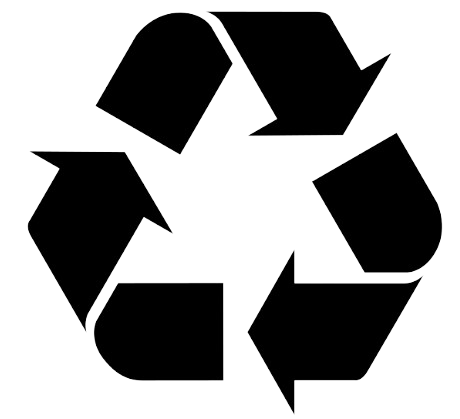Is Polystyrene Recyclable?
Food packaging and wrapping, toothbrushes, electrical appliances and even in our clothing.
One plastic everyone takes for granted is Polystyrene. Polystyrene is great at what it was designed for (food trays, cups, protective packaging, CD cases, contact lens cases etc.), but it’s not so great when it comes to biodegrading and its effect on the environment.
Along with other plastics it pollutes our water systems (found even in tap or bottled water), messes with our hormone balance and gets into our tissues. Waste plastic chokes marine life, birds, fish turtles and more.
No one seems to know how long it takes for styrene/styrofoam to decompose, with scientist’s estimates ranging from 450 – 500 years and it may in fact never decompose fully. The bits just keep getting smaller and smaller.
Is Polystyrene Recyclable?
But although many councils dump it in landfill or incinerators, polystyrene is in fact recyclable. In the UK some councils will accept Expanded Polystyrene for recycling, as long as it isn’t bunged in together with all your other recycled waste. To find out if your council facilitates the recycling of polystyrene, use this tool. And if they don’t, then make a fuss.
You may not know this, but we at Kedel use polystyrene to create our recycled plastic blanks, beams and outdoor furniture products. We melt it till it’s like chewing gum and then extrude it through a metal die like spaghetti, which is then chopped up into small pellet sizes, ready to feed into another extruder where the pellets are mixed with colour and a raising agent like you would do with a cake and forced through another metal die to make cladding, tongue and grove or other shape. This is then drawn through a cooling channel where it sets into the desired shape to make eco-friendly, maintenance-free, recycled plastic lumber for the building and construction industries.
As a building material it not only keeps waste plastic out of landfill and incinerators but requires no maintenance whatsoever. It doesn’t rot. It’s impervious to water, undamaged by frost, won’t be eaten by insects, and algae cannot embed itself, so it’s easy to remove. Unlike wood, there are no splinters for little fingers either.
So, the next time you are thinking of chucking out some single-use polystyrene, take a minute to think about where you’d rather see it end up. Littering the streets, waterways and oceans, where it potentially remains for an eternity or collected by your local council, where it can be recycled into something entirely new. Perhaps into a new Recycled Plastic Bench for your garden or a picnic table in your school playground… We think waste plastic shouldn’t be wasted!

.png)

 100% Recycled Plastic
100% Recycled Plastic Will Never Rot
Will Never Rot 25 Year Guarantee
25 Year Guarantee Low Carbon Footprint
Low Carbon Footprint